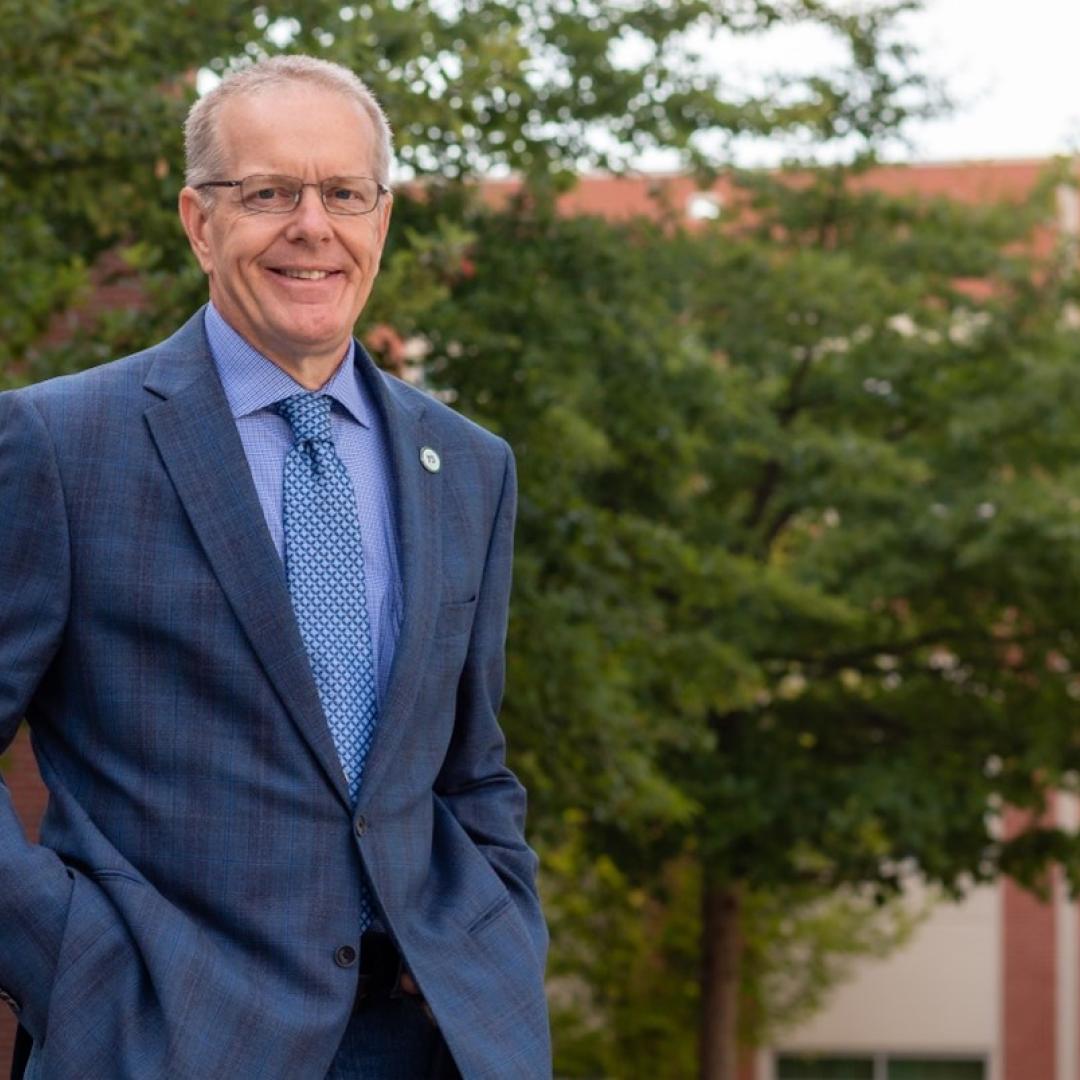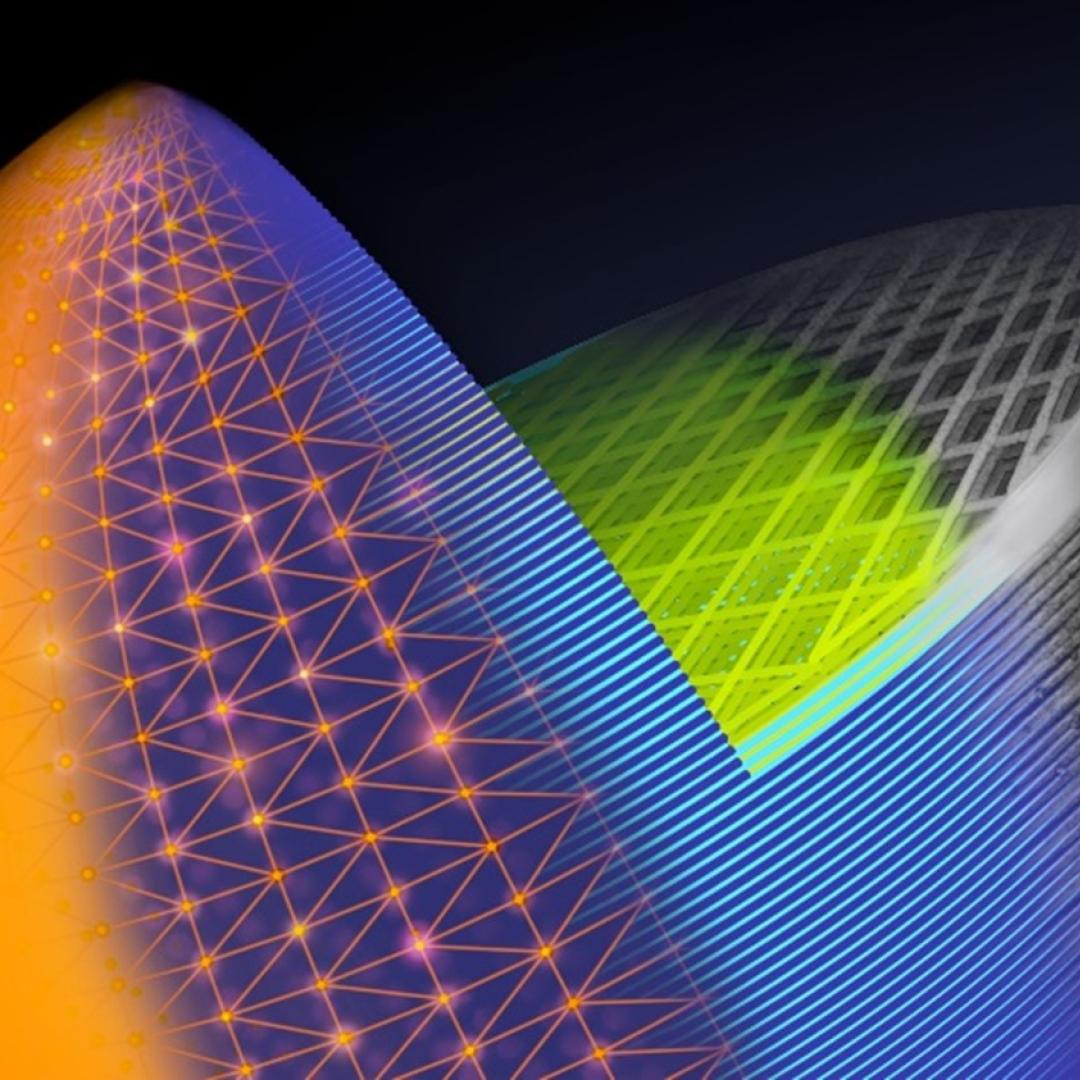
Filter News
Area of Research
- (-) Clean Energy (68)
- (-) National Security (40)
- Advanced Manufacturing (2)
- Biological Systems (2)
- Biology and Environment (88)
- Building Technologies (1)
- Climate and Environmental Systems (1)
- Computational Biology (2)
- Computational Engineering (3)
- Computer Science (14)
- Fusion and Fission (5)
- Fusion Energy (2)
- Isotopes (26)
- Materials (69)
- Materials for Computing (10)
- Mathematics (1)
- Neutron Science (39)
- Nuclear Science and Technology (10)
- Quantum information Science (6)
- Supercomputing (120)
News Type
News Topics
- (-) Bioenergy (28)
- (-) Biomedical (7)
- (-) Clean Water (8)
- (-) Computer Science (41)
- (-) Cybersecurity (24)
- (-) Isotopes (1)
- (-) Machine Learning (17)
- (-) Physics (2)
- (-) Summit (6)
- 3-D Printing/Advanced Manufacturing (78)
- Advanced Reactors (6)
- Artificial Intelligence (18)
- Big Data (9)
- Biology (14)
- Biotechnology (5)
- Buildings (35)
- Chemical Sciences (14)
- Climate Change (24)
- Composites (16)
- Coronavirus (14)
- Critical Materials (9)
- Decarbonization (33)
- Energy Storage (71)
- Environment (53)
- Exascale Computing (2)
- Fossil Energy (2)
- Frontier (1)
- Fusion (2)
- Grid (43)
- High-Performance Computing (9)
- Hydropower (2)
- Materials (35)
- Materials Science (28)
- Mathematics (2)
- Mercury (3)
- Microelectronics (1)
- Microscopy (8)
- Molten Salt (1)
- Nanotechnology (9)
- National Security (36)
- Net Zero (3)
- Neutron Science (14)
- Nuclear Energy (10)
- Partnerships (15)
- Polymers (11)
- Quantum Science (3)
- Renewable Energy (1)
- Security (15)
- Simulation (3)
- Space Exploration (3)
- Statistics (1)
- Sustainable Energy (67)
- Transformational Challenge Reactor (3)
- Transportation (66)
Media Contacts
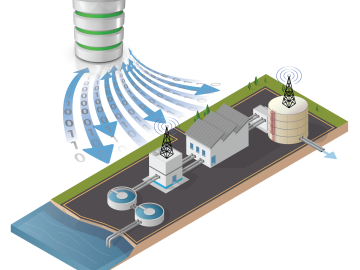
Oak Ridge National Laboratory scientists worked with the Colorado School of Mines and Baylor University to develop and test control methods for autonomous water treatment plants that use less energy and generate less waste.
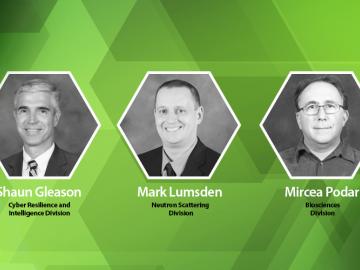
Three ORNL scientists have been elected fellows of the American Association for the Advancement of Science, or AAAS, the world’s largest general scientific society and publisher of the Science family of journals.
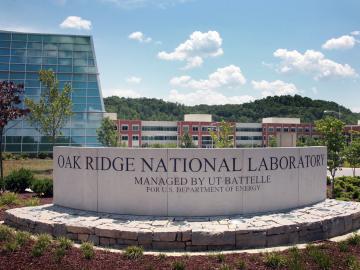
Ten scientists from the Department of Energy’s Oak Ridge National Laboratory are among the world’s most highly cited researchers, according to a bibliometric analysis conducted by the scientific publication analytics firm Clarivate.

A team of collaborators from ORNL, Google Inc., Snowflake Inc. and Ververica GmbH has tested a computing concept that could help speed up real-time processing of data that stream on mobile and other electronic devices.

Oak Ridge National Laboratory researchers have created a technology that more realistically emulates user activities to improve cyber testbeds and ultimately prevent cyberattacks.
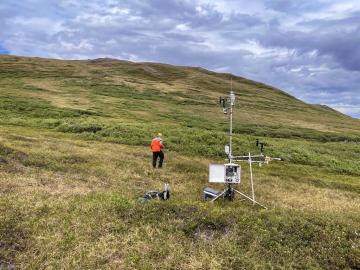
Improved data, models and analyses from ORNL scientists and many other researchers in the latest global climate assessment report provide new levels of certainty about what the future holds for the planet

Researchers at Oak Ridge National Laboratory have developed a nationwide modeling tool to help infrastructure planners decide where and when to locate electric vehicle charging stations along interstate highways. The goal is to encourage the adoption of EVs for cross-country travel.
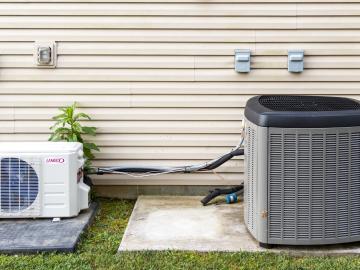
Oak Ridge National Laboratory researchers designed and field-tested an algorithm that could help homeowners maintain comfortable temperatures year-round while minimizing utility costs.

ORNL’s Zhenglong Li led a team tasked with improving the current technique for converting ethanol to C3+ olefins and demonstrated a unique composite catalyst that upends current practice and drives down costs. The research was published in ACS Catalysis.
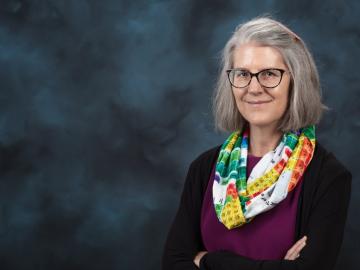
Deborah Frincke, one of the nation’s preeminent computer scientists and cybersecurity experts, serves as associate laboratory director of ORNL’s National Security Science Directorate. Credit: Carlos Jones/ORNL, U.S. Dept. of Energy


